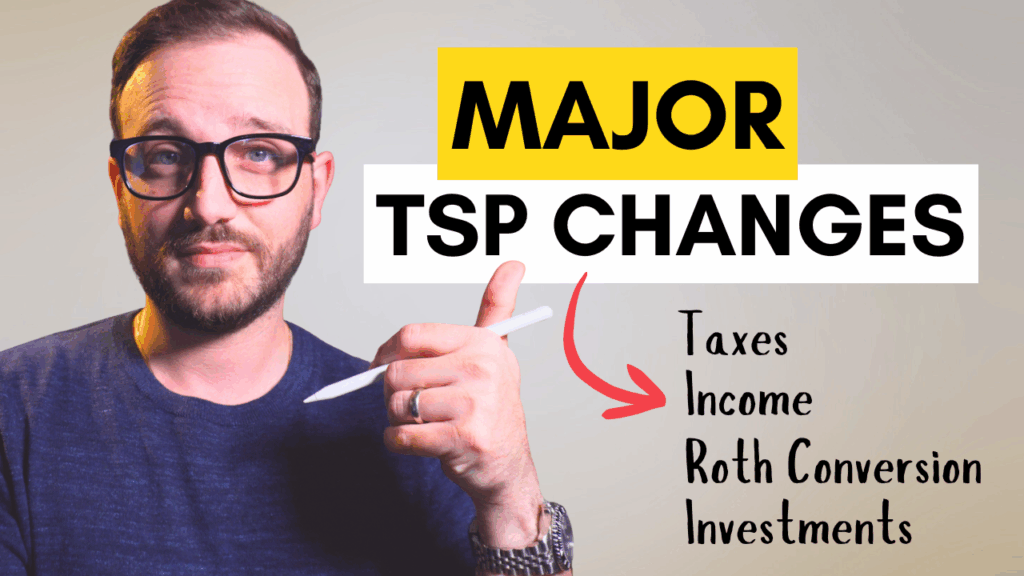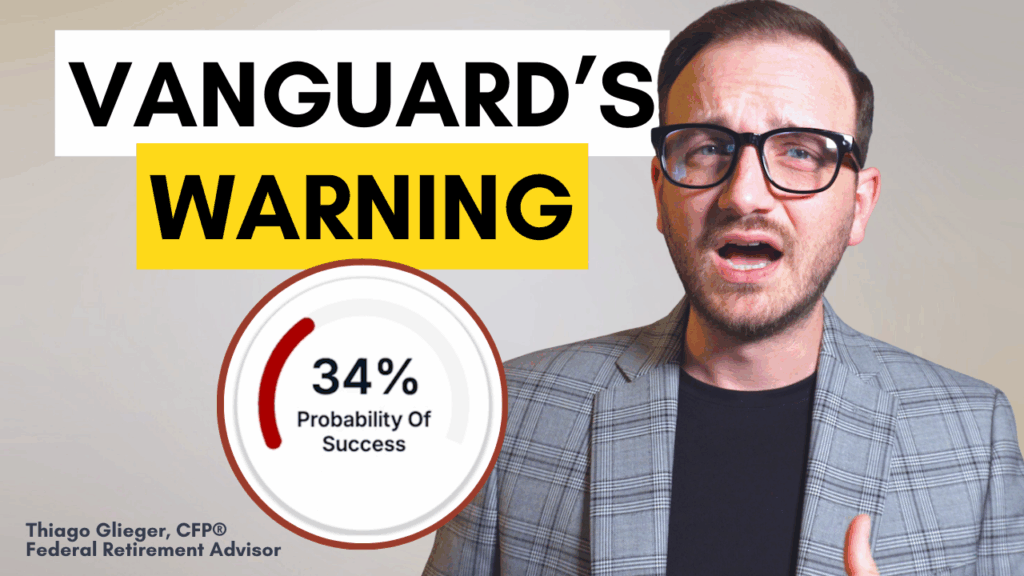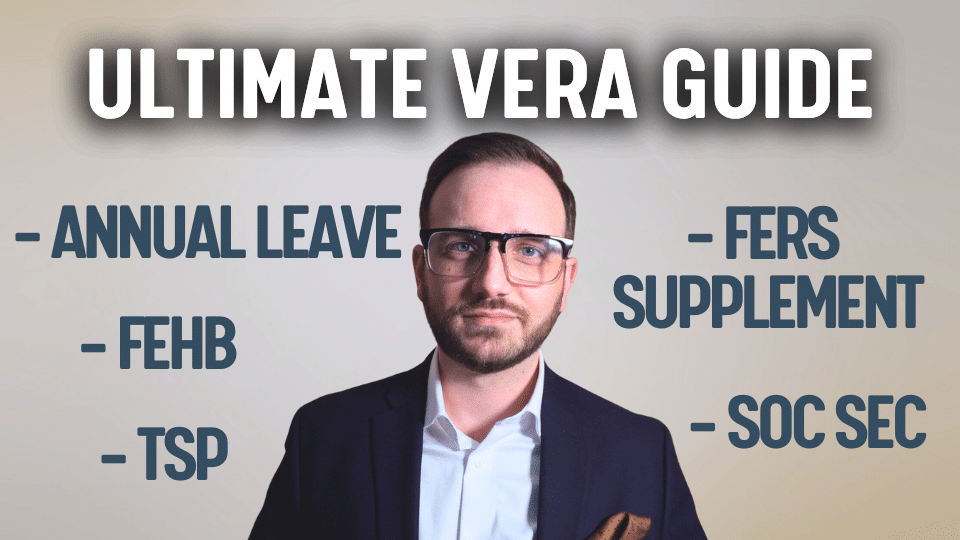Top Retirement Mistakes From Federal Employees
In my time advising federal employees, I’ve come across plenty of strategies that people use in their financial planning. This has allowed me to see the areas in which many people have gaps in their planning. I’ll go over the top retirement mistakes from federal employees that we saw last year.
You only get one shot at retirement, so I hope this article will help you strengthen your plans.
Not Planning for Long Enough
Whether you plan to retire fully or just reduce your time working, how do you ensure that the years ahead of you are just as rich and meaningful as you envision them?
Your retirement could be as much as a third of your whole life. How can you make sure that your money lasts?
If you’re in excellent health, there’s roughly a 70% chance of couples living into their 90s, according to the Society of Actuaries and SSA. It’s not until we get to 95 that we start to see significant drop to probabilities.
Many people don’t plan to have hundreds of thousands in their portfolios while in their 90s, but a Long-Term Care event at that age could be a torpedo to their financial independence. There’s a delicate balance between enjoying life and overspending.
Some may want to accelerate spending in early retirement, and it’s prudent for them to look at the longer-term impact of such choices. What should you do if the markets return negative for a couple years while you’re doing higher spending?
One way to help protect against this type of risk is having a bucketed approach to investment planning. This involves having parts of your wealth segmented into varying buckets, each with a different job.
You might have one funding your early retirement spending, while others designed to get you through your 70s and 80s, address LTC, etc.
Misunderstanding Your Federal Benefits
Every fed knows how complicated FERS gets. Aside from common clerical errors on SF-3107, there were a few benefit details that we saw feds overlook last year:
- FEGLI becomes highly expensive in retirement. The case for regular life insurance coverage becomes less clear the older and more wealth you own. While FEGLI is portable (eligible to continue after retirement), few recognize the costs affiliated with holding anything beyond basic with a 75% reduction. If there is a need for life insurance, we encourage retiring feds to explore private coverage, but do not let go of FEGLI prior to being approved for a new plan.
- Saving copies of all documents in eOPF is suggested prior to leaving service. Any challenges in retirement benefit calculations will be hard to correct after you leave service. Do yourself the favor to verify retirement estimates and ensure OPM has all your information and creditable service time accurate. I have seen dozens of families over the years that required correction in their records. This was only uncovered by digging into the details during the process of planning.
- Dual-fed families have their own complexities. FEHB is cheaper for the employed fed for virtue of being pre-tax while employed. Many dual-fed families forget to change coverage to the working spouse for this benefit. The survivor benefit plan (SBP) may also be a costly benefit that isn’t necessary if both qualify individually for FEHB and have plenty of assets were one to die early.
Assuming High-Performing Investments Will Continue Offering Success
Just because an S&P500 fund (TSP C Fund) did well over the last X years doesn’t mean that it will meet your needs as you approach retirement. Relying too heavily on equity investments like the C, S, and I funds can cause tremendous challenges in retirement.
Many know of the need for diversification, as some parts of the markets don’t perform well while others do. Having all your stocks in highly volatile funds can be a challenge when you don’t have time to allow them to recover.
Think of how fond you’ve become of your TSP allocation that has grown your balance to where it is today. Those stock funds have given you lots of growth over the decades.
But retirees require their focus shifted to each year, not decades at a time. You’re the one generating your retirement income to supplement your annuities (FERS/Soc Sec).
Retirement can’t stop if the markets are negative for a few years. It didn’t matter when you were working, but it matters when retired. This is one reason why the TSP introduced the Mutual Fund Window—the need for diversification cannot be ignored.
The volatility that has offered you the opportunity of growth in the long run now represents risk to you in the short term.
Trying to Time the Markets
Then a federal retiree will say to me, “Why don’t we just sell when the economy looks bad and buy again when things look good?”
If you can find me someone who can do that with repeated success, I’d love to hire them.
We have a good sense for how certain asset classes behave over time. We can see how large cap investments tend to behave over 5 to 10 years, and it’s different than how small or mid cap funds behave, or the varying other sectors and types of investments.
But we seldom know what the markets will do next year, and anyone telling you otherwise is—at best— making an educated guess.
You should build portfolios based on needs—over which the concept of “timing” has influence but not interference—so that you create the best chance of achieving your objectives.
For example: if you know that, for the next five years, you’ll need $X to pay your bills, then $X to enjoy day to day leisure, but then another $X for 2-3 trips per year; what are your total income needs during those five years, and what kind of investment allocation supports this?
And before you tell yourself that you’re not a market timer, ask yourself: have you ever made a portfolio decision based on whether markets were going up or down?
If yes, then that is a form of market timing. If you said no, then you shouldn’t deceive yourself, because everyone has some sort of emotional connection to their money. Your breaking point may be different than someone else’s, but it still exists.
Money represents something to us, whether safety or longevity, comfort, pride—whatever it is, we can’t ignore that we feel something when we think about our money.
Human nature is a failed investor, especially when it comes to wanting to preserve our wealth when the economy is on the brink of recession, there’s a pandemic happening, or whatever else causes concern. The best thing we can do for a portfolio is to remove all emotions influencing action.
If an investor misses only 10 best days during a period, they miss out on nearly half of the growth available to them. If this happens a few times during retirement, it’s more than enough to force you to have a change of plans.
Maybe you feel you don’t need to worry. But for everyone else with a pulse, invest in the time to align your wealth with your life, because it’s not just your money, it’s your future.





